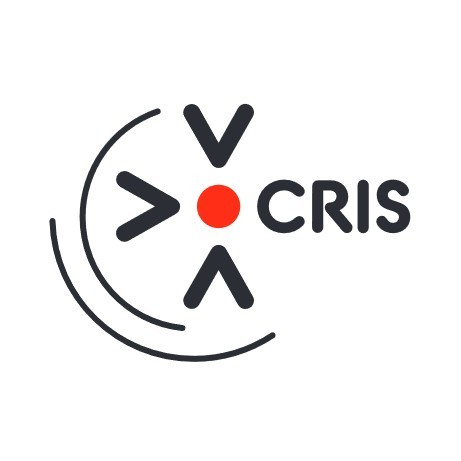- Centrum spoločenských a psychologických vied SAV, v. v. i.
- CRIS
- Main Arbeit. Kommunales Jobcenter Offenbach
- Germany
- Zuzana Polačková
- 01/2022 - 06/2024
- Germany, Hungary, Slovakia, Slovenia
- EaSI (Employment and Social Innovations)
- Germany: MainArbeit. Kommunales Jobcenter Offenbach Hungary: Artemisszió Alapítvány Bischitz Johanna Integrált Humán Szolgáltató Központ Slovakia: Človek v ohrození, Ústredie práce, sociálnych vecí a rodiny, Slovenia: Social Protection Institute of the Republic of Slovenia
The project develops and validates tools and practices aimed at strengthening the integration of services provided to people from vulnerable groups in order to promote their inclusion in the labour market and society. The target groups of the project are long-term unemployed or inactive people of working age facing multiple disadvantages. These are people who often need the intervention of several services, the possible coordination of services increases their effectiveness. In the current institutional set-up, the availability of support services is limited, education and awareness about the existence of different services and tools is often insufficient and the services provided are often fragmented. Cross-sectoral cooperation and the systematic involvement of NGOs in the service delivery system can fill the gaps. The CRIS project will address the challenges of integrated service delivery: (1) strengthening referral mechanisms and introducing new outreach activities; (2) strengthening or developing the capacity of public employment services in "case management"; (3) filling service gaps through capacity building in public agencies and/or developing an effective model for engaging NGOs in service delivery and subcontracting these organizations.
The project objectives followed in Slovakia are:
- 1. Strengthening referral mechanism and, if necessary introducing new outreach activities to reach the selected target group
- 2. Strengthening and developing the capacities of a employment services providers to enable them to act as case managers, i.e. assess clients needs, identify the services they need and coordinate the provision of these services
- 3. Filling service gaps by capacity building in the public agencies and/or developing an effective model of subcontracting NGO services
The project activities implemented in Slovakia are clustered into five main groups
- 1. Preparing institutions for providing coordinated services The aim of the activities is to improve the quality of the services provided. This is to be achieved through the creation of standards in the process of service provision, capacity building of non-public providers, cooperation with labour offices and the creation of several analytical materials.
- 2. Reaching out to target groups and providing coordinated services The aim of the activities is to involve at least 150 clients (primarily long-term unemployed Roma), to provide them with individualized services implemented according to the new protocols and to verify the quality of services on this group of clients in relation to their entry and retention in the labour market. The activities are implemented in two locations in Slovakia, in Lučenec and Spišské Podhradie.
- 3. Monitoring and evaluation The aim of the activities is to provide evidence demonstrating the effectiveness of services provided by non-public providers compared to public employment offices
- 4. Dissemination and up-scaling within each country The project offers several innovative elements, the aim is to disseminate information on these elements, ensure their further use and potential up-scaling
- 5. Transnational cooperation, sharing experiences An important part of the project was the international exchange of information and good practice.


